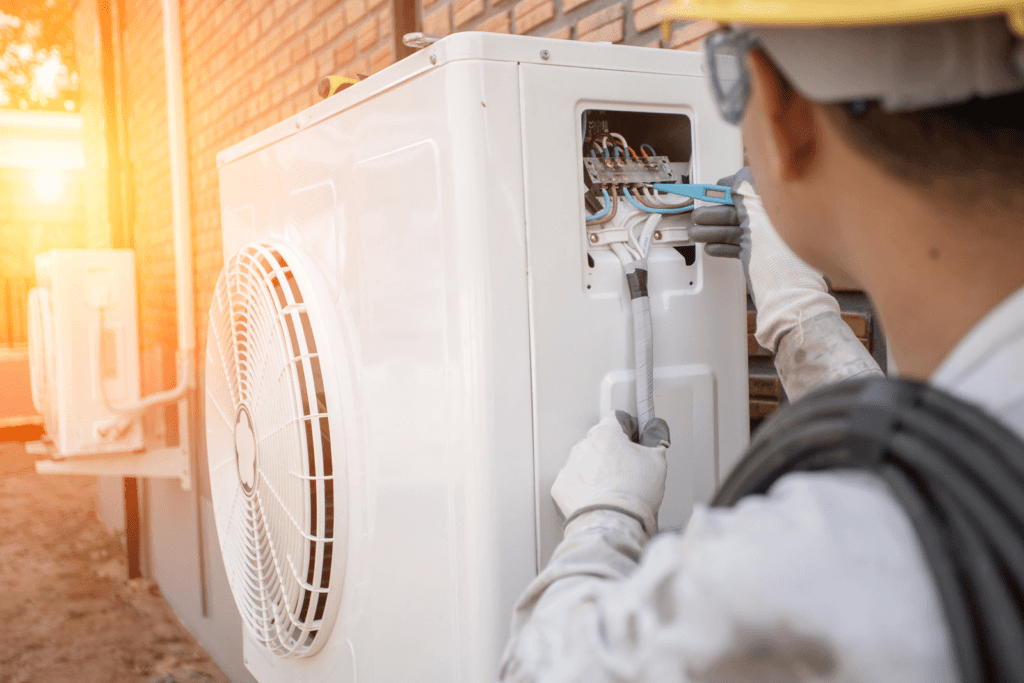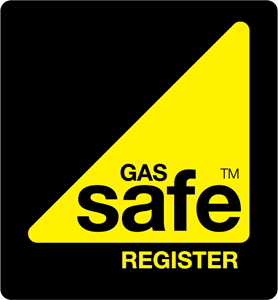Regular maintenance is crucial for ensuring the efficient and reliable performance of your heating system. By taking protective steps to maintain your system, you can prevent breakdowns, prolong its life, and maximise your energy efficiency.
In this guide, we take homeowners through the essential steps when it comes to performing regular heating system maintenance.
Please note that, while there are steps you can take to look after your own heating system, it is vital that you have it professionally inspected as well.
A professional heating engineer is the only one with the expertise to assess the overall condition of your heating system. They will identify potential issues and perform maintenance as necessary. For certified, qualified, and experienced heating engineers that you can trust, contact us today.
Let’s get started.
What You’ll Need
- Screwdriver set: £5–£15
- Radiator key: £2–£5
- Dusting brush or vacuum cleaner: £10–£30 / £50+
- Pressure gauge: £5–£15
- Spanner or adjustable wrench: £5
- Replacement filters: £5–£20 per filter (prices may vary depending on size/type/proprietary technology
- Cleaning fluid: £5–£15
- Towels or cleaning cloths: £2–£10
Step 1: Check And Clean Your Filters
Filters play a vital role in trapping dust, debris, and allergens from circulating through your heating system. Over time, these filters can become clogged, impacting your system’s efficiency and air quality. Regularly check your filters and clean or replace them as needed. This is a simple task that goes a long way in maintaining peak energy efficiency.
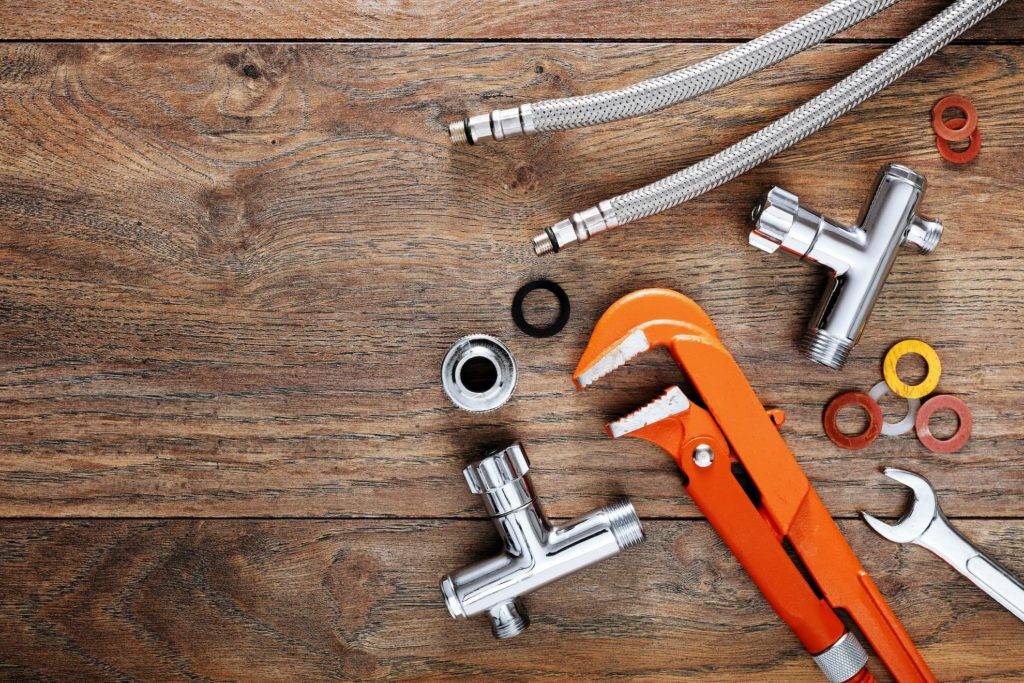
Step 2: Inspect And Clean Vents And Ducts
Blocked or dirty vents and ducts can upset the airflow of your heating system, making it to work harder than it should.
Inspect and clean your vents and ducts periodically to remove any accumulated dust or other detritus. Doing so will make sure that your heating system’s air can flow freely. Without obstructions, it takes less energy to heat your home and, consequently, costs you less money.
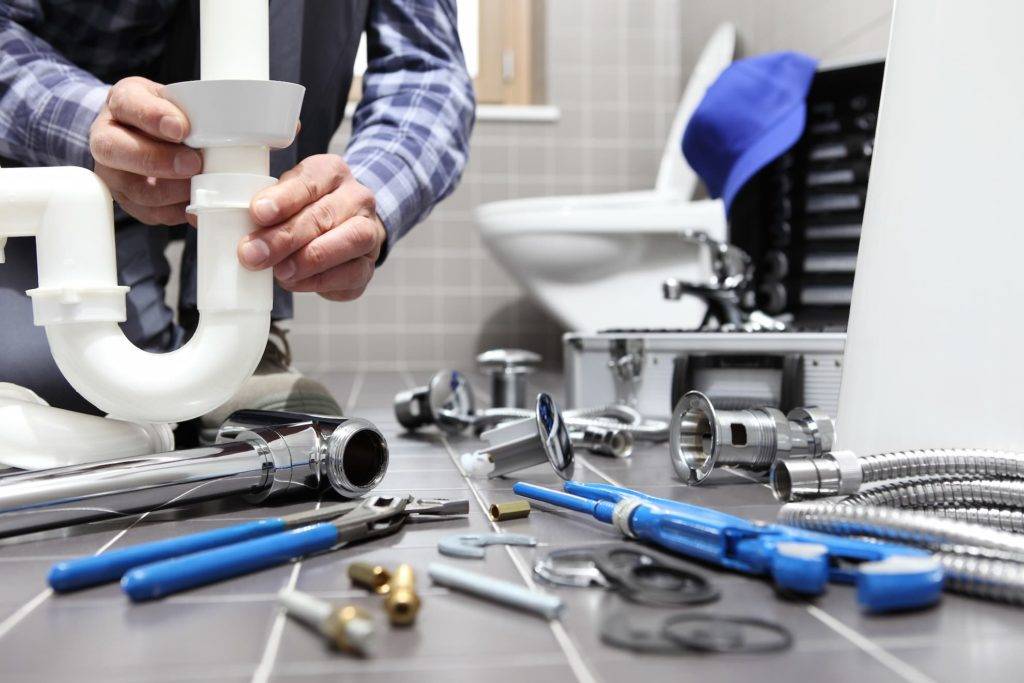
Step: 3 Bleed Your Radiators
If you have a hot water heating system, it is essential to bleed them from time to time. Over time, air can get trapped inside a radiator, causing cold spots and reducing effectiveness. If left alone, this makes the radiator less effective at heating your home and more likely to suffer further malfunctions.
You can fix all of this by bleeding your radiator. Simply use your radiator key to release the trapped air within it. Start from the lowest radiator and work your way up, ensuring that each one is fully heated before moving on to the next.
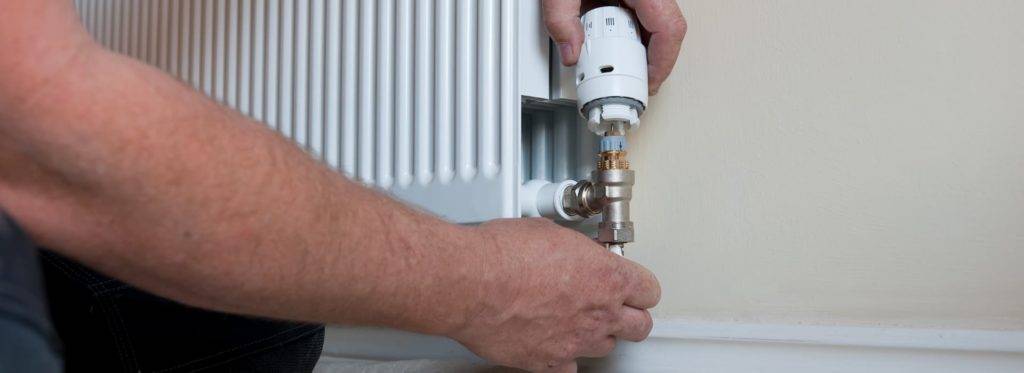
Step 4: Monitor Your Boiler Pressure
Boiler pressure plays a crucial role in the effective functioning of your heating system. Check the pressure gauge on your boiler regularly and ensure it is within the recommended range. If the pressure is too low, you may need to top it up. Bleeding radiators as mentioned, can help regulate the pressure in your boiler and maintain optimal performance.
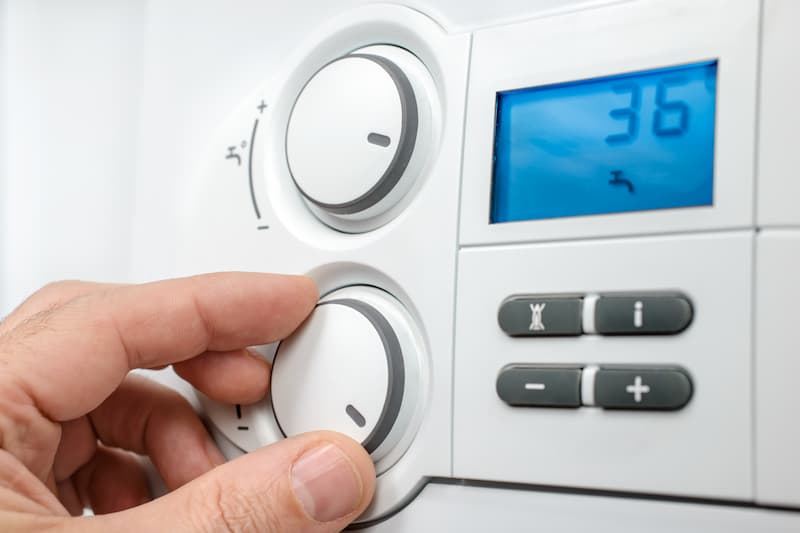
Contact Us
For professional heating system maintenance and expert assistance, don’t hesitate to contact CB Plumbing & Heating. Our team of skilled heating engineers is ready to provide you with exceptional service and keep your heating system running smoothly.
Contact us today to learn more about our services and what we can do to help you keep your home’s heating system running smoothly.

